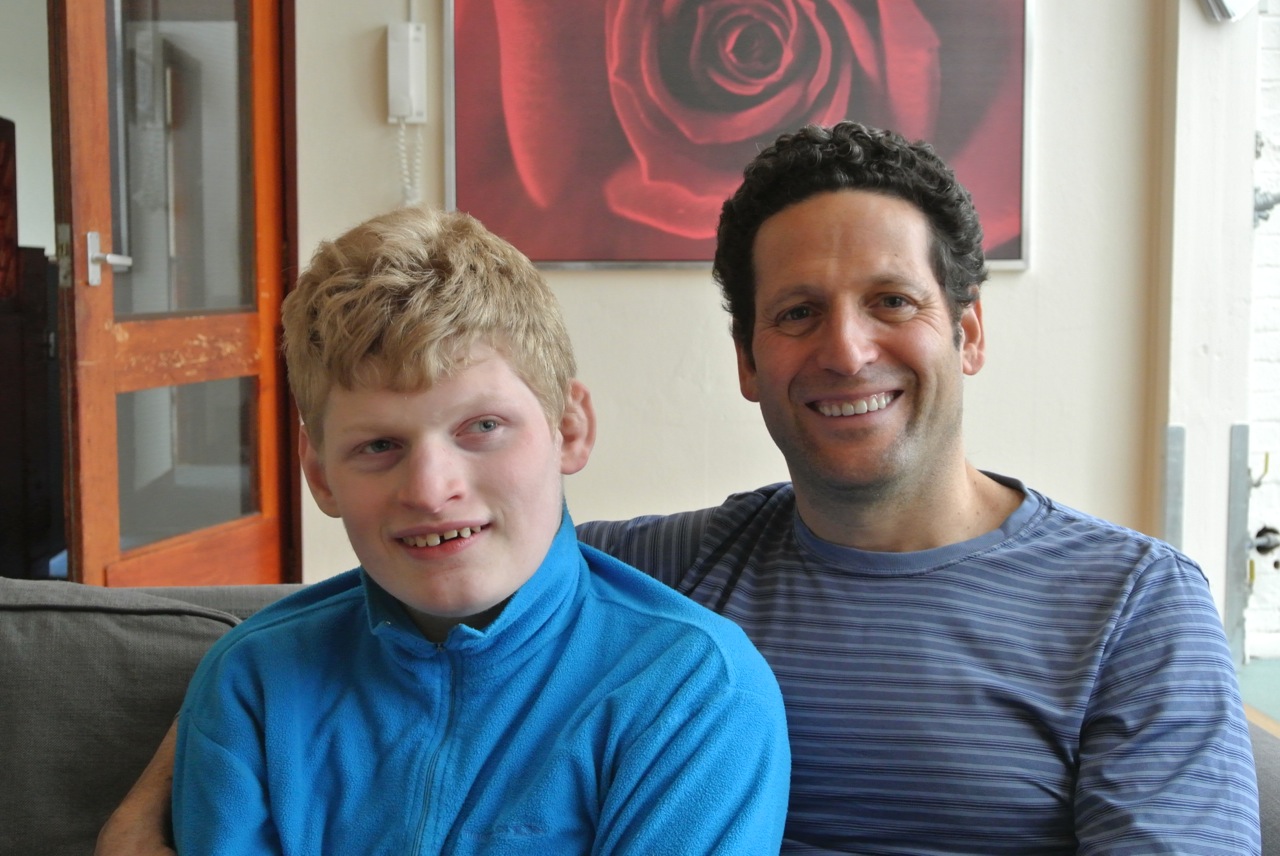
This is the reality facing many fathers of disabled children, according to new research published today among 500 dads carried out by disability charity Scope and online community Netbuddy.
As one father told researchers during the survey carried out in April: “My friends have abandoned me because they don’t understand why I have to care for my child so much. And I know she won’t ever get better….My career, once promising to put me at number one in the world at my specialist area, is now going nowhere as permanent exhaustion means that talking intelligibly is a major achievement. But I love and care for my child. It isn’t her fault.”
The research, Dad & Me, aims to raise awareness about the role of male carers; while an estimated 5% of the population are carer dads, so far there has been little research into their experiences.
Today’s findings suggest that:
• 15% of dads keep their child a secret from their employers
• 40% do not fully understand their child’s disability (“Medical appointments are usually in the day and I cannot always get time off work to attend…this leaves me with less first-hand knowledge of what my daughter’s autism means and makes me feel inadequate.”)
• 72% say caring for a disabled son or daughter has affected their relationship with the partner with stress and tiredness among the causes
• 61% think mums are treated differently from dads
Deborah Gundle, Netbuddy founder and mum to Zach who has Angelman syndrome (pictured with his dad above), says: “We wanted to highlight the important role that dad carers have, but to realise the extent of the problems dads are facing has been overwhelming. Even I had not considered the extent of dads’ involvement – both emotionally and practically – and it is commonly the case that mothers are assumed to take all the responsibilities of caring on board.”
Dads feel marginalised as carers as the common view is that women cope better in the home, are listened to more and given more support and sympathy while the role of the father is to support the family financially.
As Richard Hawkes, chief executive of Scope, explains: “This survey shows that everyone involved in supporting families’ needs look long and hard at what can be done to support dads to play a part in caring for their children.” Hawkes argues that if the government is truly to create the family-friendly society it wants, it needs to do more to promote flexible working to support family relationships and finances. Scope also has a support group for fathers, which it hopes to expand.
The fathers in the survey suggest improvements which could help support them in their role as dad carers such as appointments outside working hours, specific help and advice sessions for dads and more employer awareness. Like all parents and siblings of disabled children, they also argue that better social integration – more opportunities for children to integrate with others in their age group in “everyday” social situations – would help.
While in theory parents of disabled children have a right to ask their employers for convenient hours and employers must seriously consider this as an option, there is a gap with reality, according to dads who took part in today’s survey.
Netbuddy has also recently launched a new forum for dads.
James’ story
James is a father to eight-year-old twins Thomas and Alice, who both have dystonic quadriplegic cerebral palsy, and to baby India. A PR consultant, he leaves the house at 6am and returns at 8pm, when his carer role kicks in. “Holding down a demanding job and being a carer can be a stretch at times,” he says. “I’m lucky enough to have a very understanding team of colleagues, but I do worry for dads who get held back in their careers because their employers feel they already have enough on their plate. People are sometimes denied opportunities to move up the ladder.”
James says most people assume that because he works, his wife does all the caring. The dual demands of work and the additional needs of his children means there is precious little time is left James and his wife to be together as a couple. “We have very little time to be together on our own and the pressures of caring for our twins and sleeplessness do take their toll. However, it has had a positive effect too – in building a strong bond through the difficult times we face.”
James would like to see more support for dads in terms of out of working day appointments and extra support services. “All support is during the working day so it’s not accessible for working dads. Asking for support as a father can be seen to be a weakness and a sign that we are not coping. There isn’t enough support or help available to us – and this is essential so that we can provide the best possible care when looking after our loved ones.”
